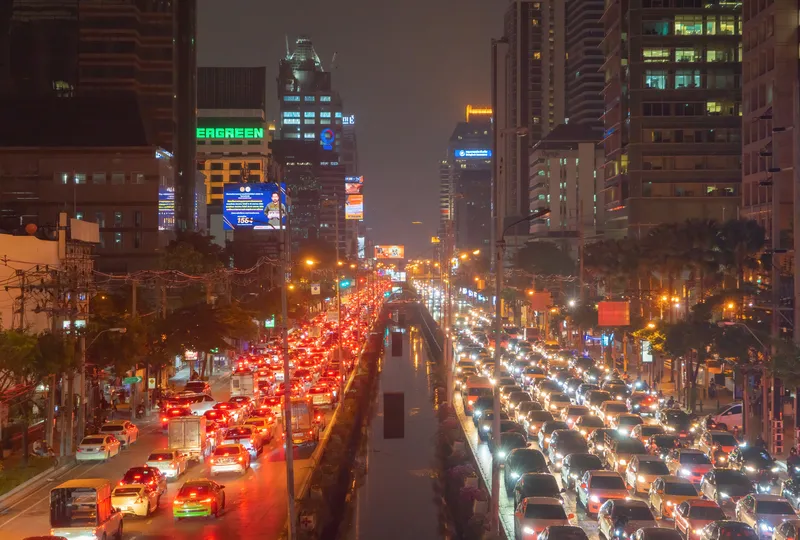
Decarbonising transportation has been one of the key themes of the Cop29 climate conference, which is ongoing in Baku, Azerbaijan.
Speeding up the adoption of zero-emission vehicles (ZEV) in emerging countries is one area of interest, and new countries are expected to be signatories to two existing documents.
The first is the Global MoU on Zero-Emission Medium and Heavy-Duty Vehicles, joining 38 other nations with the aim of achieving a 30% share of truck and bus sales by 2030 and 100% by 2040.
The second is the ZEV Declaration, pledging that all new sales of cars and vans be zero-emission globally by 2040, and by no later than 2035 in leading markets.
In 2023, 16 companies signalled market demand for the deployment of nearly 8,000 electric trucks in India by 2030.
Meanwhile, the ZEV Emerging Markets Initiative launched its Mexico track in 2024, where there are indications that 17,000 electric trucks will be deployed by 2030, with plans for further expansion into additional markets, including Brazil, anticipated in 2025.
The Global ZEV Transition Roadmap outlines actions governments and international partners intend to take to strengthen support for emerging markets in the sector this decade.
Since Cop28 the ZEV Country Cluster Initiative, ZEV Rapid Response Facility and ZEV Emerging Markets Initiative have been expanded to more countries and regions.
In Baku, a number of commitments have been made, such as the Cop29 Presidency’s Hydrogen Action Declaration, the Cop29 Global Pledge on Scaling International Assistance for Industry Decarbonisation, the Global Energy Storage and Grids Pledge, and the first annual update of the Global Zero Emissions Vehicles Transition Roadmap.
Since Cop28, the number of countries supporting the Breakthrough Agenda has risen to 61, covering over 80% of global emissions, as Kazakhstan and Singapore join the Hydrogen Breakthrough at Cop29.
They have agreed on a set of ‘Baku’ Priority International Actions to help coordinate global efforts to make clean technologies and sustainable practices more accessible to address climate change for 2030 and beyond.
"The launch of the ‘Baku’ Priority International Actions is a crucial milestone in advancing the public-private cooperation needed to achieve our shared climate goals, says Peter Bakker, president and CEO of the World Business Council for Sustainable Development (WBCSD). "At WBCSD, we are committed to catalysing impactful business leadership through the Breakthrough Agenda."
"The new Breakthrough Business Barometer reveals that 85% of business leaders recognise that stronger global cooperation is critical to enable a Net Zero transition. The ‘Baku’ Priority International Actions directly address many of these priorities, opening pathways for investment, building resilience, and driving transformative progress toward a sustainable, inclusive global economy."







